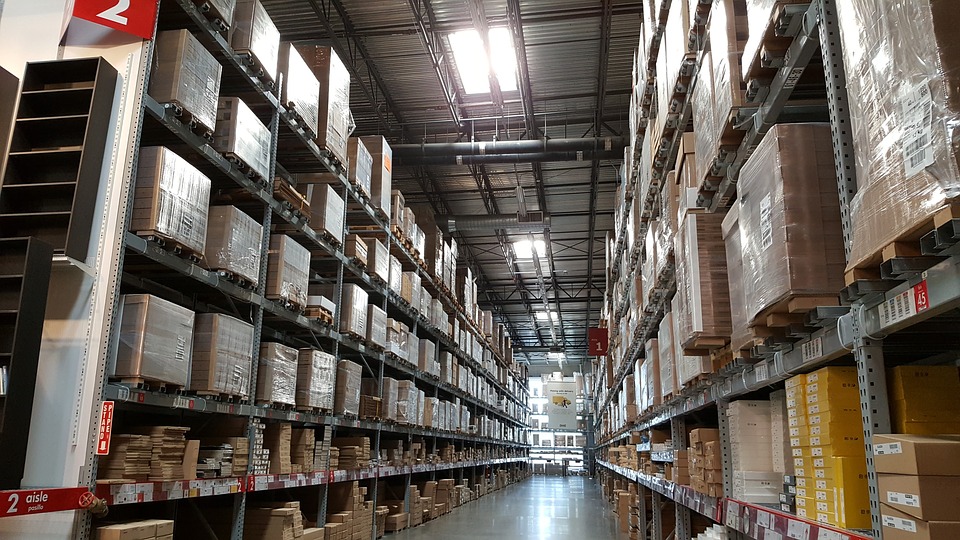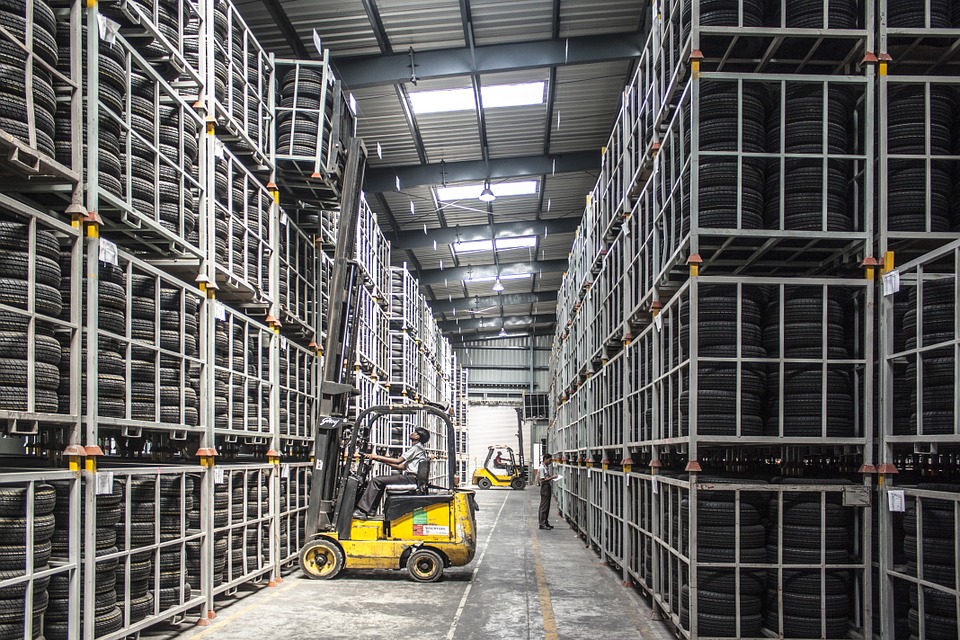To Rent the Warehouse? 5 Things to Know About Warehouse Leases
Whether you are looking in Brooklyn, the Bronx, or Long Island City there are a number of warehouse options surrounding New York City. The number of options on Long Island alone means there is no need to sign a lease too quickly. In fact, when it comes to rent or not to rent the warehouse, you should look at a number of options and even review several leases before signing an agreement.
Wondering how to know if a specific warehouse space is worth the two, five, or 10-year commitment required by many landlords? Here are five facts that can help you figure it out.
#1: Does the Warehouse Have HVAC (And Do You Need It)?
Most warehouse space on Long Island and throughout New York City doesn’t come with heating, ventilation, and air conditioning (HVAC). These spaces are designed as industrial rentals that were built when HVAC was a prohibitive cost and unnecessary luxury. Most of the equipment and materials stored in these warehouses wouldn’t be negatively impacted by a lack of HVAC and the accompanying temperature control that comes with these systems.

Today, HVAC is required for certain long-term storage or expected by employees in many working conditions. If your chosen building doesn’t have HVAC installed, you may have to pay for the installation and maintenance of your own unit.
#2: What Is the Zoning for the Warehouse Space?
The zoning laws on Long Island change from time-to-time, as well the actual zoning of a particular building, block, or area of Long Island can be altered through a hearing or the applicable county’s zoning commission.
Uses that were previously allowed in a given building could be illegal after these changes. Therefore, you need to verify the current zoning for any warehouse space and the restrictions, permitted uses, and prohibited uses that accompany that zoning designation. It isn’t enough to take the advice of the current owner or someone “familiar” with the neighborhood. If you are uncertain how to access zoning information or read the zoning code, you should speak with a commercial property lawyer.
#3: What Is the Square Footage of the Rented Space?
When you walk into a cavernous warehouse space it is easy to assume that all the empty space is included in your lease. This may or may not be true. A commercial property lawyer can look at your lease agreement to determine the total square footage available to rent.
Furthermore, you may want a lawyer to request a drawing or architectural sketch of the leased area, which would show you exactly what space is yours to use. A drawing also draws attention to some of the setbacks of a warehouse space, such as not having access to a particular driveway or loading dock.
#4: Is the Rented Space for Your Exclusive Use?

In addition to a drawing of the leased space, you’ll want to confirm that all of the space included in the lease is for your exclusive use. Whereas leases of residential property are usually for exclusive use by the tenant, this isn’t always the case with commercial space. Part or the entire warehouse could be designed as shared or communal space that is occupied by several different companies and uses – some of which could easily conflict with your own businesses purposes.
#5: Who Pays for Operating Expenses?
A typical commercial lease contains an amount for base rent. There are various ways a commercial landlord could call out the base rent, but it is usually towards the front of the lease agreement. This monthly rent might be the full amount you owe the landlord each month, but what is more likely is that you’ll pay significantly more.
Most leases for warehouse space require the tenant to pay operating costs and expenses. These are costs incurred by the landlord, but directly related to the tenant’s use of the space. Operating costs can include taxes, utilities, and maintenance of shared or communal spaces, such as driveways, loading docks, and parking lots. When you, or your commercial property lawyer, are reviewing a commercial lease you shouldn’t discount the requirement to pay operating expenses, as the amounts can quickly add up.
Finding a Commercial Property Lawyer

If you are unfamiliar with the terms and conditions of a commercial lease or are finding it difficult to negotiate with a commercial landlord, you may need a commercial property lawyer to assist with leasing a warehouse.
At the Law Office of Samilde Perez, we provide high-quality and personalized legal services to commercial and residential tenants. Our legal team has extensive experience working on Long Island lease agreements, including for the lease of industrial and warehouse spaces. We are ready to help you. To learn more, contact our office at (516) 216-5060.
